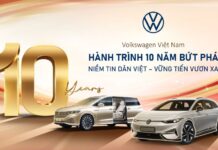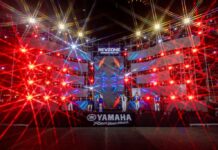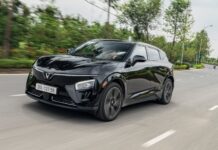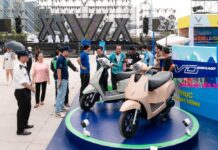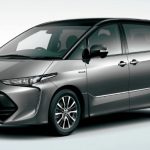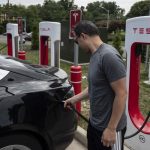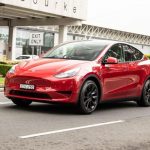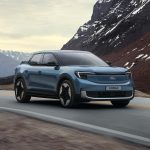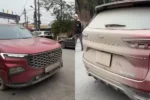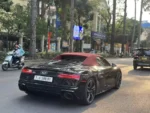Huawei Technologies plans to install 100,000 fast charging stations in China this year, including stations that charge twice as fast as Tesla, providing the infrastructure to boost the fast-charging vehicles of Chinese automakers. In Shenzhen, an advertisement appears with the text “1km per second charging” with the words 600 kW displayed below the Huawei logo.
Huawei Digital Power said at an event in Hangzhou in mid-December: “We need to charge 1 km per second to give the driver an experience similar to refueling” for a gasoline-powered car. The company will sell chargers to charging station operators and plans to install a total of 100,000 stations, including 250-kilowatt chargers, at locations such as commercial facilities and highway service areas by the end of 2024.
Based on the assumptions that Huawei uses for the 1 km/second figure – an electric vehicle equipped with an 80-kilowatt-hour battery and a range of 600 km, theoretically, a full charge can be completed in about 8 minutes. The actual charging time will vary depending on the temperature and remaining battery capacity.
The 600 kW power of the charger is the highest in the world. Tesla’s supercharger has a maximum power of 250 kW in China. Under the same conditions as Huawei’s estimate, a full charge by a Tesla device will take around 19 minutes. Huawei says its charger can be used with all electric vehicles, including Tesla vehicles.
Increasing the power of the charger also increases the amount of heat generated, and Huawei has overcome this barrier with a liquid cooling system. Most chargers use fans for cooling. Although Huawei’s main business is telecommunications, the company is also involved in mobile base stations and solar energy production. While developing the electric vehicle charger, the technology company combined communication technology and weatherproof capabilities. The increase in charger demand is due to the increasing need for devices to keep up with battery performance improvements.
Last August, the world-leading battery supplier CATL announced a new type of battery that can charge 400 km in 10 minutes. Chery Automobile, a state-owned carmaker, and an electric vehicle startup that Huawei supplies with autonomous driving systems have decided to use the battery. According to the China Electric Vehicle Charging Infrastructure Promotion Union, China has 2.7 million public charging stations by the end of 2023. This figure is expected to increase by 40% by 2024, but only some will support fast charging. Huawei said: “This figure is not enough in the context of the increasing demand for fast charging electric vehicles.”
Tesla has been at the forefront of developing fast-charging networks. It began installing them in China in 2014 and had over 11,000 as of November. However, most of them can only charge Tesla vehicles. The US company announced that in 2023, it will open them up to some other electric vehicles, but this will apply to only about 20% of its stations.
Among the Chinese companies, the electric vehicle startup Xpeng Motors has installed ultra-fast chargers with a maximum power of 480 kW at over 200 locations as of August 2023. Large charging station operators TELD and Star Charge are also installing ultra-fast chargers.
If Huawei’s charger, which is compatible with all car manufacturers, becomes popular, it could bring a new wave of support for fast charging electric vehicles for Chinese car manufacturers. Huawei currently focuses on the domestic market but does not rule out the possibility of expanding abroad.
Sơn Phạm (Forum.autodaily.vn)

